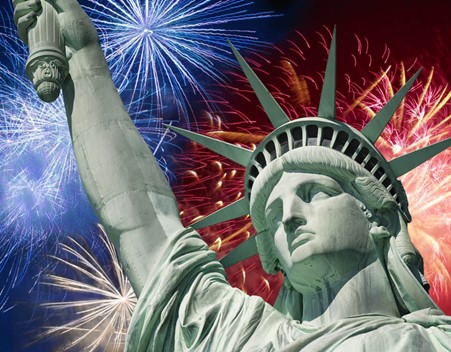
This year’s Fourth of July holiday will be a significant test for U.S. airlines that have struggled with overcrowding during the past two holiday seasons.
Before the weekend, thunderstorms slowed air traffic, causing delays and cancellations.
Tuesday and Wednesday were the two busiest days for American Airlines and United Airlines, with the latter cancelling 4 per cent of its flights each day, according to FlightAware.
Driving during the holidays presents its own set of obstacles, such as rising petrol prices. According to AAA, the national average has dropped from a record $5.02 a gallon in mid-June to $4.86 a gallon on Thursday because of increased petrol supplies.
The average number of miles driven by U.S. motorists has decreased. Compared to the same week in June of last year, the price of petrol fell by nearly 3% last week. Forty per cent of respondents to a June Quinnipiac University poll claimed that rising petrol prices had prompted them to change their summer vacation plans.
The number of people flying within the United States has nearly returned to pre-pandemic levels. Since last Saturday, roughly 2.3 million people have passed airport checks daily, an 8 per cent decrease over the same days in 2019. If this pattern continues, it will be the busiest weekend ever for air travel since the pandemic began.
If a flight is cancelled due to bad weather, crew shortages, or any other cause, there may not be enough planes or flights to accommodate everyone.
Airlines are struggling to find enough pilots to fill the void left by those asked to resign because of the pandemic’s impact on air travel.
As a result, many of these airlines have reduced their summer schedules to lessen the strain on their systems. The exact number of pilots flying bigger planes can transport more people. So far this summer, those actions haven’t been enough.
This week, Delta Air Lines took an unusual step: it alerted customers to the possibility of problems over the long weekend.
There may be “some operational problems” for the Atlanta-based airline as it expects the largest crowds since 2019. Passengers having tickets for flights between Friday and Monday will be able to rearrange their plans without incurring any additional fees, even if the new flight costs more.
As the airline explained, “Delta staff are working around the clock to rebuild Delta’s operation while making it as resilient as possible to limit the ripple effect of interruptions.”
According to FlightAware, Delta had the most cancelled flights of any U.S. airline over the Memorial Day holiday weekend, when U.S. carriers scrubbed over 2,800 flights, and again last weekend when it cancelled 7% of its flights.
The Federal Aviation Administration, which regulates the nation’s airspace and employs air traffic controllers, is increasingly being blamed for airline delays.
A central FAA facility in Jacksonville, Florida, manages numerous flights along the East Coast for the agency. The FAA vowed to enhance staffing at the centre following a meeting with airline officials in May.
Airline Weekly reports that Delta CEO Ed Bastian also blamed the FAA during an online discussion with employees on Wednesday. There was no response from Delta on the matter.
When the trade group Airlines for America leader blamed the FAA for delays earlier this week, Transportation Secretary Pete Buttigieg retaliated.
Some of the more vocal legislators seem to blame airlines for abandoning passengers. Some argue that Congress provided the business with $54 billion in pandemic assistance. –
It was suggested that Buttigieg fine airlines for delays greater than two hours and for scheduling flights that they can’t staff by Sen. Bernie Sanders. While charging “outrageously high charges,” Sanders claimed that airlines were stranding travellers.
If airlines do not improve their operations, Buttigieg has threatened them with fines.
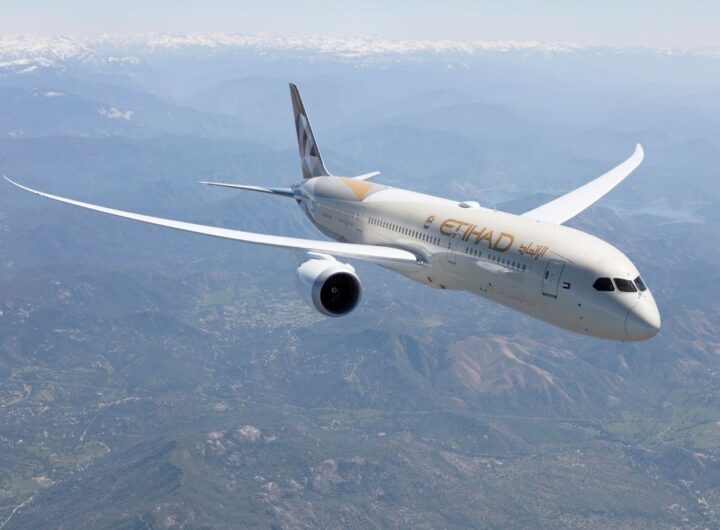 Etihad Upgrades All Australia Flights to Its Newest Business Class Suites
Etihad Upgrades All Australia Flights to Its Newest Business Class Suites 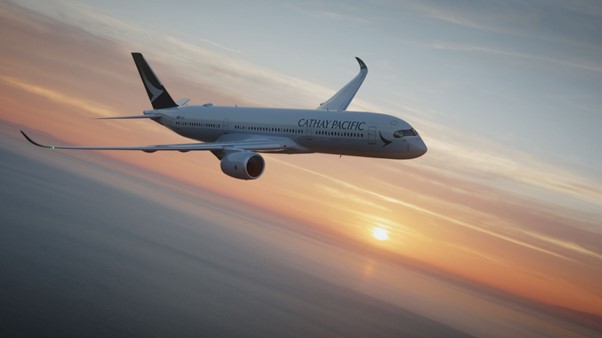 Cathay Strengthens Global Sustainability Leadership With Record SAF Commitments in 2025
Cathay Strengthens Global Sustainability Leadership With Record SAF Commitments in 2025 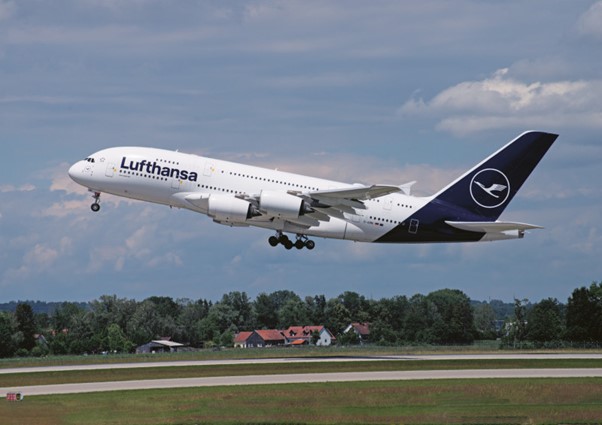 Lufthansa Begins A380 Business Class Retrofit, Elevating Comfort and Privacy Across Its Largest Aircraft
Lufthansa Begins A380 Business Class Retrofit, Elevating Comfort and Privacy Across Its Largest Aircraft 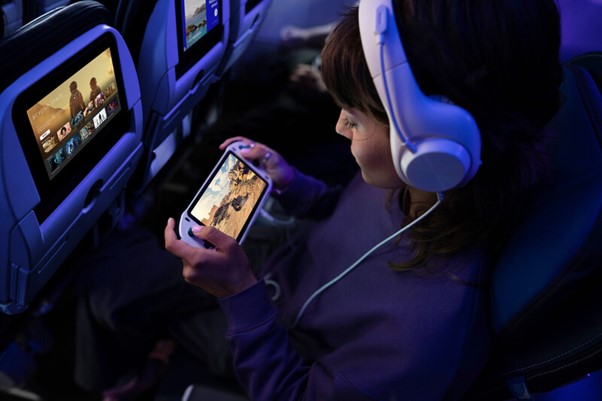 United Showcases Starlink Wi‑Fi in Big Game Ad as 300+ Regional Aircraft Go Online
United Showcases Starlink Wi‑Fi in Big Game Ad as 300+ Regional Aircraft Go Online 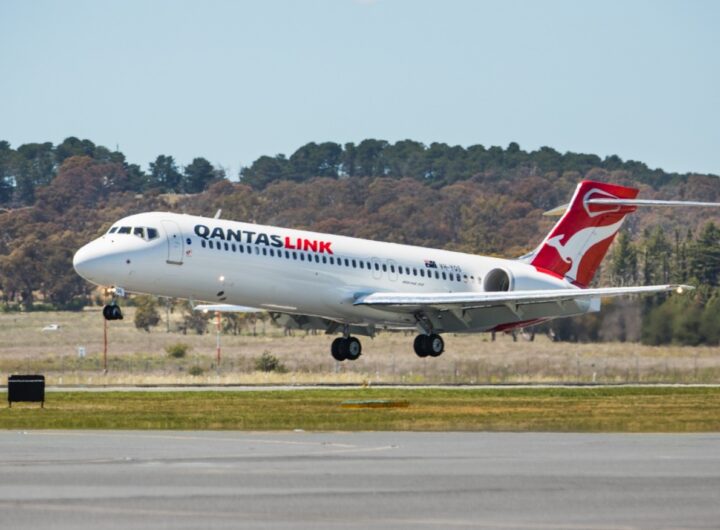 Qantas Launches Major Regional Lounge Refresh Program Across Seven Australian Airports
Qantas Launches Major Regional Lounge Refresh Program Across Seven Australian Airports 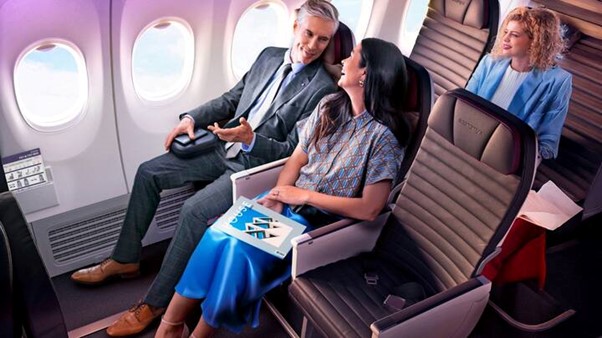 Virgin Australia Launches ‘Extra Comfort, Zero Imitation’ Sale With Economy X Upgrades From Just $15
Virgin Australia Launches ‘Extra Comfort, Zero Imitation’ Sale With Economy X Upgrades From Just $15 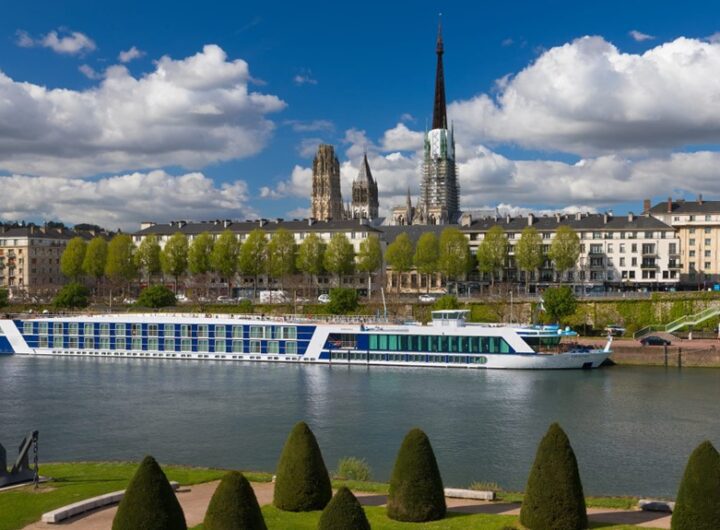 AmaWaterways Launches Fresh Brand Identity, Encouraging River Cruisers to ‘Follow Their Own Current’
AmaWaterways Launches Fresh Brand Identity, Encouraging River Cruisers to ‘Follow Their Own Current’  Marriott Bonvoy Launches Global Promotion Offering Bonus Points and Elite Night Credits Across 30+ Brands
Marriott Bonvoy Launches Global Promotion Offering Bonus Points and Elite Night Credits Across 30+ Brands 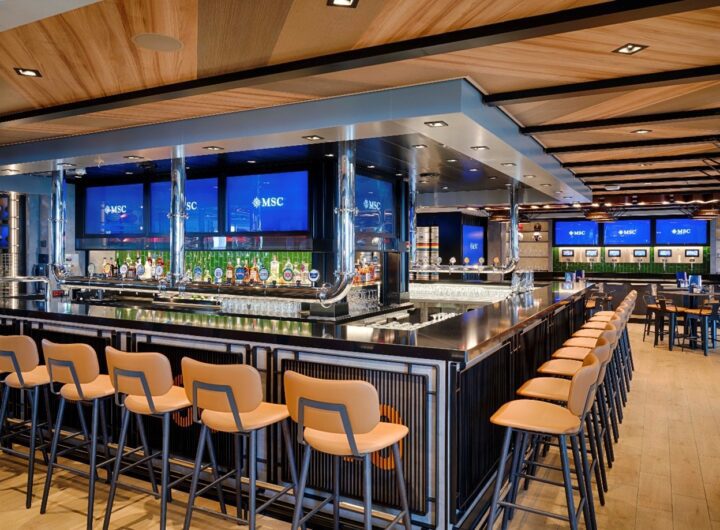 MSC Cruises to Stream 2026 Global Soccer Tournament Live Across Its Entire Fleet This Summer
MSC Cruises to Stream 2026 Global Soccer Tournament Live Across Its Entire Fleet This Summer  Five Reasons to Visit Kamalaya Now: Inside the Next Era of Thailand’s Legendary Wellness Sanctuary
Five Reasons to Visit Kamalaya Now: Inside the Next Era of Thailand’s Legendary Wellness Sanctuary 